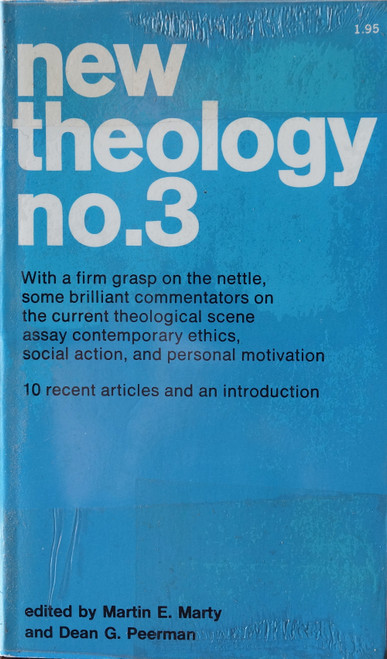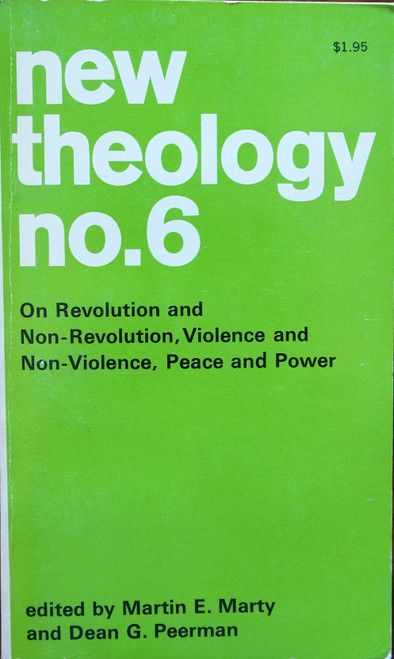The author treats from the theological point of view of the nature of the Christian's death and of the special mode of death called martyrdom. He is concerned with the opening up of new perspectives in older problems, striving to formulate new and more fruitful concepts for the penetration of one of the most important dimensions of Christian belief and experience. Writing with the great care necessary in theological discussion yet abstaining from technical terminology and jargon, he conveys a sense of the intellectual urgency and the exploratory nature of the inquiry.
This book forms part of a series of short treatises entitle Quaestiones Disputatae in which some of the more urgent open questions of the Christian faith are discussed by eminent Catholic writers.
"There are many points which the Church leaves to the discussion of theologians, in that there is no absolute certainty about them. As the eminent Cardinal Newman remarked, such controversies do not disrupt the Church's unity; rather they contribute greatly to a deeper and better understanding of her dogmas. These very differences shed in effect a new light on the Church's teaching, and pave and fortify the way to the attainment of unity." --From the Encyclical Letter Ad Petri Cathedram of Pope John XXIII
About the Author
Karl Rahner (1904-1984) was a German Jesuit priest who is widely considered to have been one of the foremost Roman Catholic theologians of the 20th century. He is best known for his work in Christology and for his integration of an existential philosophy of personalism with Thomistic realism, by which human self-consciousness and self-transcendence are placed within a sphere in which the ultimate determinant is God.









